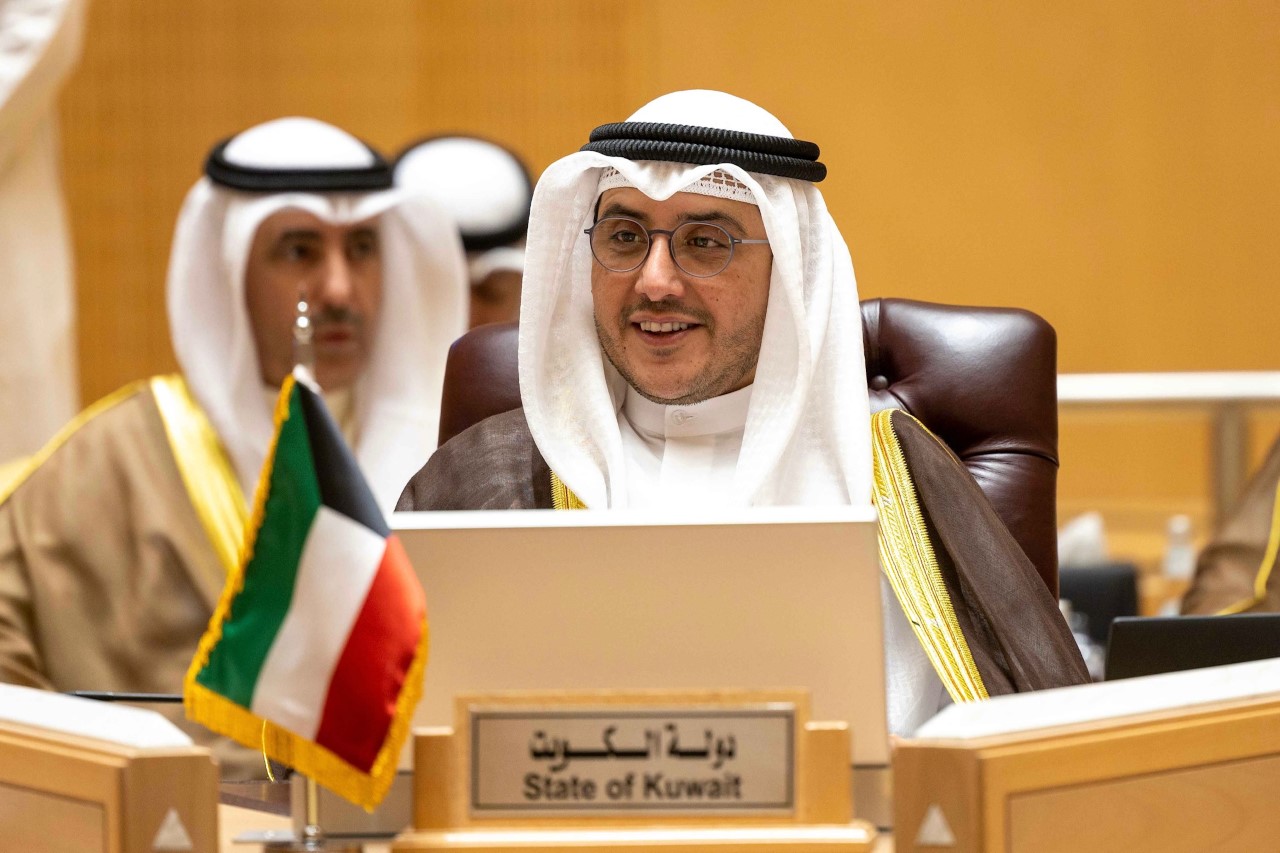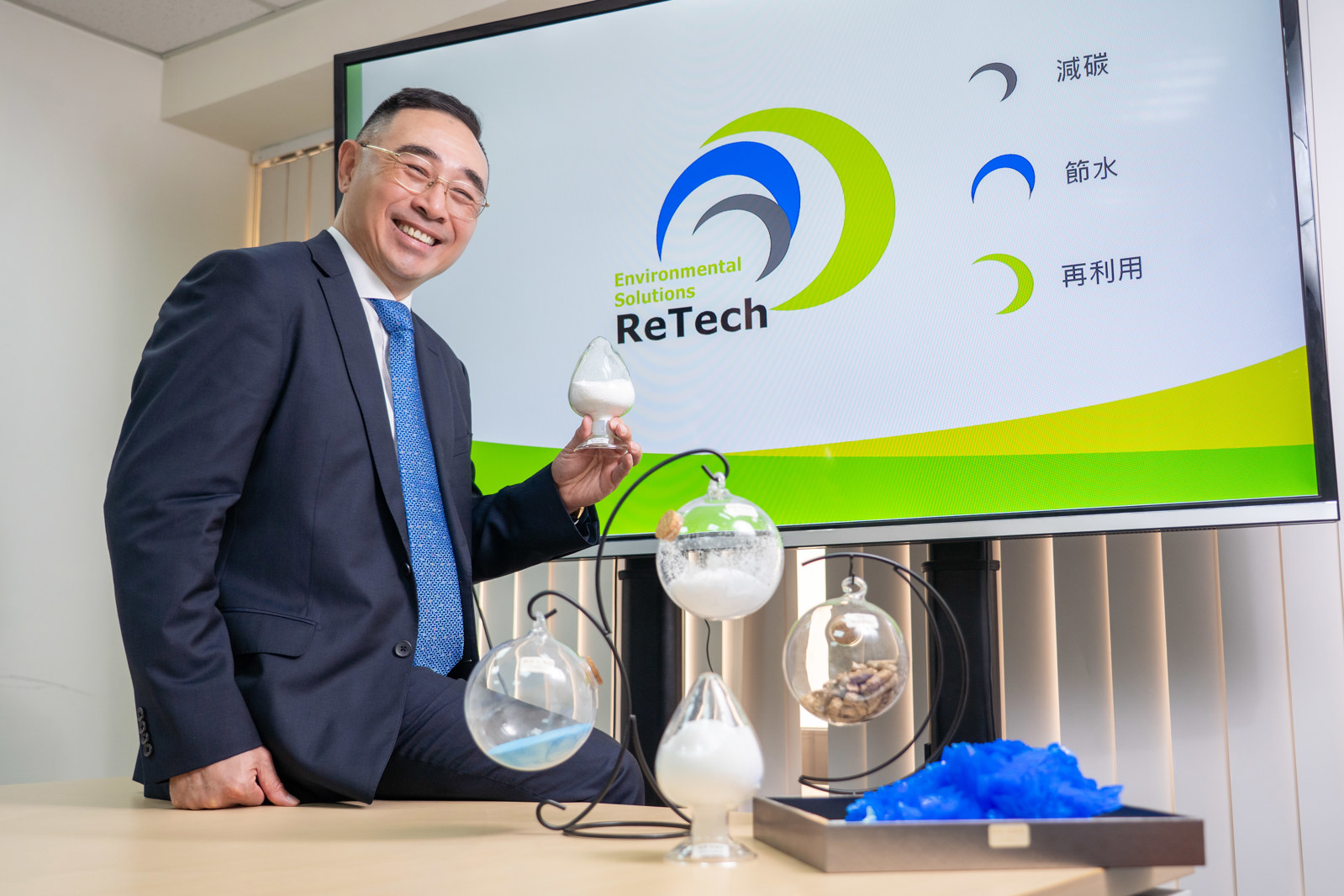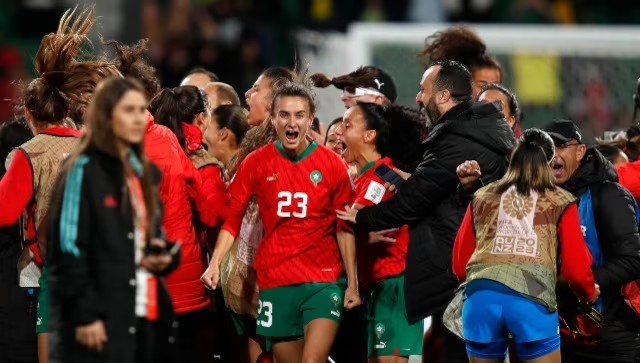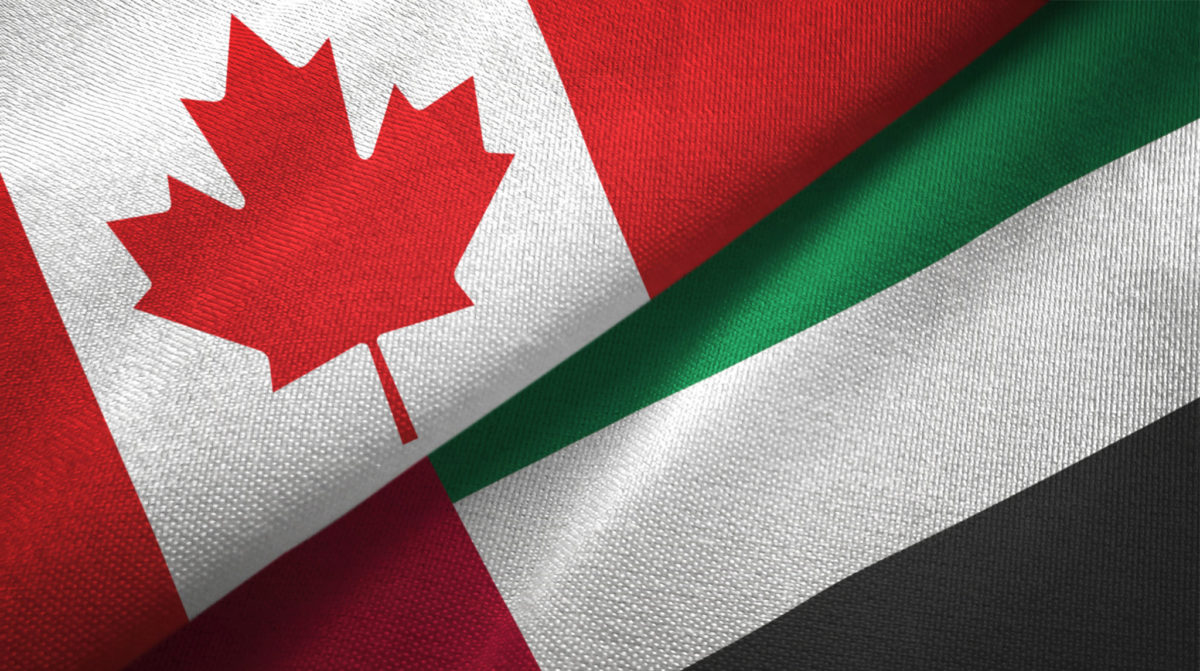Kuwait is scheduled on Monday to host a regular meeting of Gulf Cooperation Council (GCC) foreign ministers to review the bloc’s strategic relations with major countries and international groupings.
The gathering will also feature a joint session with Japan’s foreign minister, the second of its kind.
The GCC Secretariat confirmed that the 156th session of the Ministerial Council will be chaired by Kuwait. The agenda includes both internal GCC issues and broader discussions on foreign policy and global engagement.
GCC Secretary-General Jasem Al-Budaiwi said the ministers will examine a series of reports tracking the implementation of decisions adopted at the 45th GCC Summit held in Kuwait in December 2024.
They will also review memoranda and reports from ministerial and technical committees, with discussions to cover strategic dialogues and partnerships with international powers, as well as the latest regional and global developments.
On the GCC-Japan session, Al-Budaiwi explained that the talks form part of the Council’s efforts to deepen relations with leading international partners. The meeting will focus on the joint action plan between the two sides, continued consultation and coordination, and the exchange of views on regional and global issues of common concern – all aimed at reinforcing security and stability in the Gulf and beyond.
Al-Budaiwi earlier noted that the GCC’s decision to resume negotiations on a free trade agreement (FTA) with Japan was made in line with ministerial directives to prioritize new trade pacts with key economic partners. The move was endorsed at the ministerial meeting in June 2024.
Japan remains one of the GCC’s most important trading partners. In 2023, Gulf exports to Japan reached $76.7 billion, while imports stood at $22 billion, placing Tokyo as the GCC’s fourth-largest trade partner.
The first GCC-Japan joint ministerial meeting was held in Riyadh in September 2023 when discussions focused on the proposed FTA and cooperation in next-generation energy.
At the time, both sides approved a joint action plan for 2024-2028 centered on energy, trade, investment, and political dialogue across multiple fields.
That same year, former Japanese Prime Minister Fumio Kishida toured the Gulf region, announcing with GCC leaders the formal resumption of free trade talks.
Japan depends on the Middle East for nearly 90 percent of its crude oil imports and is seeking to bolster its resource security through long-term partnerships with Gulf states, not only in oil but also in liquefied natural gas and emerging energy technologies.




